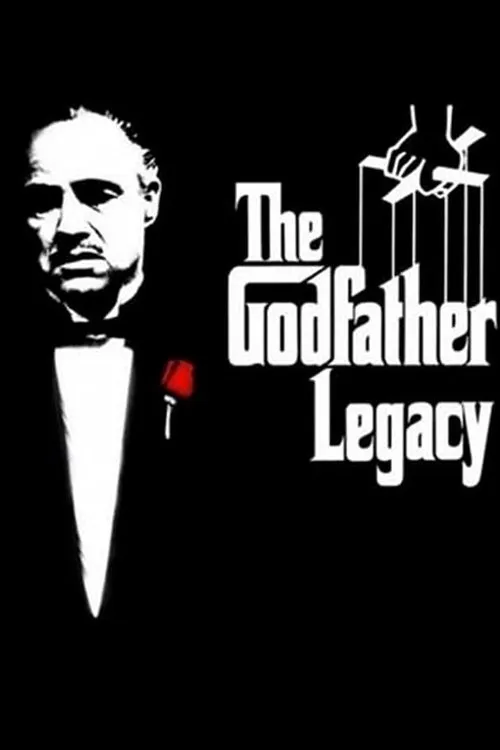The Godfather Legacy

Plot
The Godfather Legacy takes viewers on a profound journey into the making of Francis Ford Coppola's masterpiece, delving into the creation and impact of the iconic Corleone crime family saga. The film serves as a tribute to the enduring legacy of Coppola's epic trilogy, composed of The Godfather (1972), The Godfather: Part II (1974), and The Godfather: Part III (1990). Through the lens of interviews with key figures, rare archival footage, and insightful analysis, The Godfather Legacy unravels the mysteries behind Coppola's cinematic accomplishment and its profound influence on the cinematic world. The documentary begins by exploring the origins of the first film, The Godfather, which catapulted Coppola to fame and earned widespread critical acclaim. Coppola's passion project, the film tells the story of Don Vito Corleone, a powerful Mafia patriarch, and his family's ascent to the top of the New York City underworld. Interviews with Coppola and other key cast members, including Al Pacino and James Caan, offer a glimpse into the creative process and the complex relationships between the actors and the director. One of the documentary's most compelling aspects is its exploration of the real-life figures who inspired Coppola's film. The Godfather is based on Mario Puzo's bestselling novel, which in turn was influenced by the author's father's involvement in organized crime. Puzo's family had a history with the Mafia, which he drew upon to create the fictional Corleone family. This connection to reality adds depth to the film's portrayal of the darker side of human nature and the allure of power. The Godfather Legacy also sheds light on the making of the two sequels, which Coppola directed. The Godfather: Part II, which explores the early life of Vito Corleone, received widespread acclaim and earned six Academy Awards. Coppola's innovative storytelling and use of non-linear narrative structure in Part II set a new standard for cinematic storytelling. The documentary features interviews with Coppola, Pacino, and other cast members, who discuss the challenges of bringing the Corleone family's story to a close. The Godfather: Part III, released over 15 years after Part II, received a more mixed reaction from critics and audiences. Coppola had been working on a script for over a decade, and his vision for the film was ultimately altered due to financing issues. Despite its flaws, Part III remains a testament to Coppola's unwavering commitment to his art. The documentary offers a nuanced exploration of the film's themes, including the cyclical nature of violence and the corrupting influence of power. Beyond its examination of the films themselves, The Godfather Legacy explores the broader societal impact of Coppola's trilogy. The documentary features interviews with law enforcement officials, who discuss the film's portrayal of organized crime and its influence on perceptions of the Mafia. The Godfather's depiction of a morally complex, often amoral, world has captivated audiences and continues to shape the way society views issues like capitalism and crime. The Godfather Legacy also delves into the personal experiences of those involved in the films. Pacino, who played Michael Corleone, recounts his intense preparation for the role and the personal toll it took on his mental health. Caan, who played Sonny Corleone, discusses the camaraderie among the cast and the director's willingness to take risks and push boundaries. These intimate accounts offer a glimpse into the lives of the individuals who brought the Corleone family to life. The documentary's use of rare archival footage and home movies adds another layer of depth to the narrative. Never-before-seen material offers a glimpse into the making of the films, including Coppola's own home movies, which feature the director and his family on set. These intimate moments humanize Coppola and his cast, and offer a glimpse into the creative process that shaped the trilogy. Throughout the documentary, the themes of power, identity, and the corrupting influence of violence are woven throughout the narrative. The Godfather Legacy serves as a testament to the enduring power of Coppola's films to captivate and disturb audiences. By examining the creative process behind the trilogy and its impact on the cinematic world, the documentary offers a profound exploration of the art of filmmaking and the lasting legacy of Coppola's masterpiece.
Reviews
Recommendations



